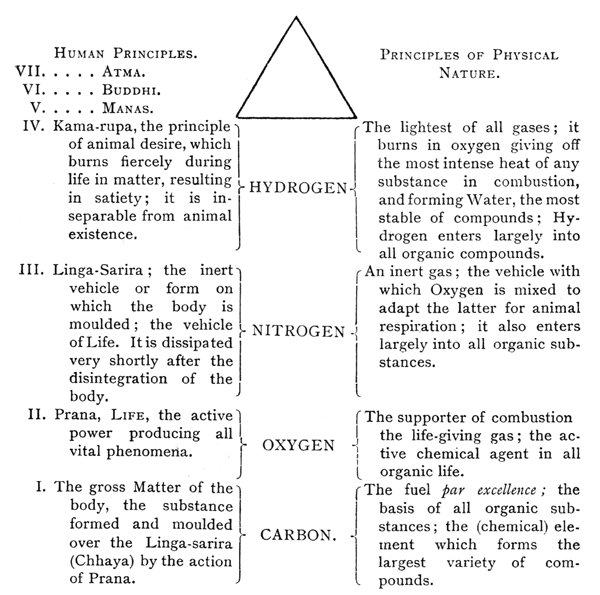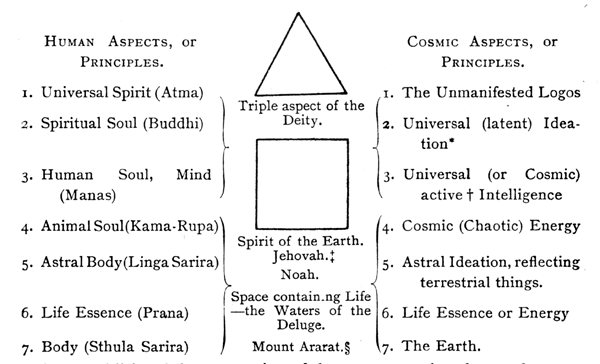Actually, I don't think the refs "encourage" eating up buffaloes either! Just a lack of explicit "ban" does not necessarily mean encouragement.Carl_T wrote:If the reason is anthrax, abstinence would not be limited to beef but to meat of other animals like buffalos and goats as well. Now anthrax could be part of the reason for abstinence from meat in general, but it would not specifically single out the cow.brihaspati wrote:Actually there are quite a number of refs for beef eating in the earlier texts. However, post Vedas, the refs dwindle. Maybe we should consider the possibility that things like anthrax visited India once. Except milk, no other part of the cow is safe - not even when cooked.
Regarding the utilitarian explanation, should it not apply to the buffalo as well?
Moreover the cow refs could be form a period where the culture was more concentrated in the drier open spaces of GV. Buffaloes need more humid, muddy and watery environs. They are more comfortable and found in the lower delta regions. Indeed buffaloes were used as rides by certain groups in Bengal. The Kaivartas or now commonly associated as originally a fishing community [need not be the only profession or association in reality] are supposed to have developed a buffalo riding army that once removed the Palas from power in northern Bengal temporrarily.
So buffaloes could also have been associated with communities with which the Vedic of the text period were in competition with.


